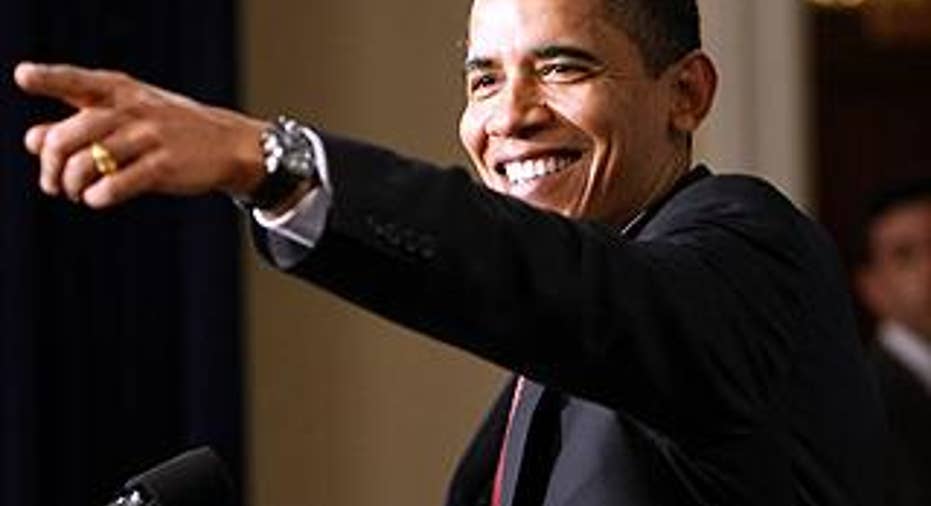Payroll Tax Extension Bill: Good for Small Business?

The U.S. House of Representatives is set to vote Tuesday on legislation to extend an employee payroll tax cut which features changes to the unemployment payment system and continuation of bonus depreciation on equipment purchases for small business owners. However, some say that despite the bill's expected passage in the Republican-controlled House, it will likely be dead on arrival in the Democrat-controlled Senate.
Lawmakers have been touting the bill as a job creator, but some experts say the extension of the payroll tax itself will have little impact on small businesses. If passed, the tax would remain at 4.2% until 2013 if not, it increases to 6.2% next year.
"I don't think it's going to make a huge difference or substantive difference in terms of hiring because it is temporary, and very short-term," Ray Keating, chief economist of the Small Business & Entrepreneurship Council said. "From the individual perspective, you get more money in your paycheck, but it hasn't had any major impact on hiring decisions."
Keating said the vote is determined more by politics than economic reality.
Kevan Chapman, senior media manager for the National Federation of Independent Business (NFIB), said that the group has not been aggressively lobbying for the passage of this particular bill, but there are aspects of it that would certainly benefit the small business community if passed.
"The reforms to unemployment insurance, we feel are sensible and would relieve some of the stress going on [to small businesses] in some states," Chapman said. "It puts some requirements on recipients that they much be searching for work and gives state more flexibility in how they pay for these programs."
The bill also reduces the maximum amount of time the jobless can file for unemployment benefits from 99 weeks to 59 weeks by the middle of 2012, which would save cash-strapped states a lot of money, Chapman said.
There are two sides of the debate regarding extending unemployment benefits: some argue it dissuades workers for looking for a job, while others say it is necessary in this weak market and keeps families financially afloat.
"Economically, it makes sense to start to rein this in," Keating said. "There have been studies that show that when you go out that far with unemployment benefits, people will take advantage of the system."
Another reality is that this will eventually have to be paid for, and that tax hikes could be on the table, he added. "The longer they go out, the more costly the system becomes.”
A second area of the bill that would benefit small businesses would be the continuation of the depreciation bonus on equipment purchases, allowing them to write off 50% of the cost on new purchases in 2012.
"That was in particular one of the most helpful things," Chapman said. "You have to spend money to take advantage of that tax credit, but if a small business is thinking about expanding, it provides more certainty for them to schedule an expansion or upgrade."
Keating said that this extension is "better than nothing," for businesses, but argued it would have greater impact if it were permanent.
"The temporary nature limits the possible upside and restricts it greatly. We have been talking about the need to make tax breaks and incentives permanent."
Part of the bill would postpone the Environmental Protection Agency's attempts to cut back on the amount of emissions that industrial boilers release. The Boiler MACT rider would delay these restrictions until 2018, a bright spot for businesses as controlling such emissions has become more costly and difficult, Chapman said.
"We are in a case of diminishing returns on emissions being more costly," he said. "Business is slow, and it’s a bad time in the economy, and the language in the bill would delay this."



















